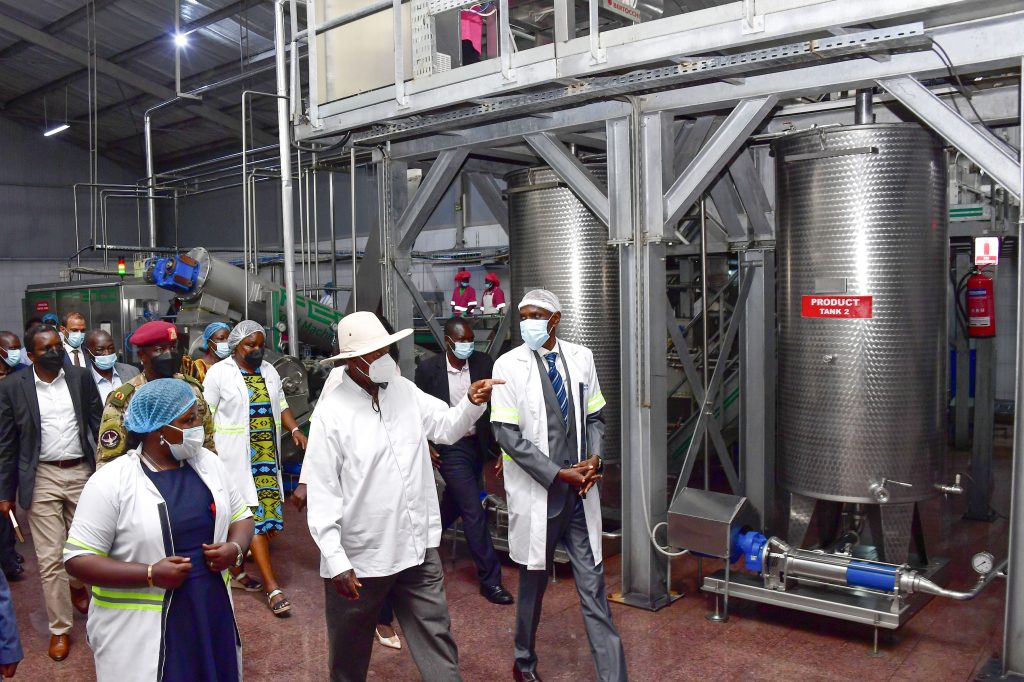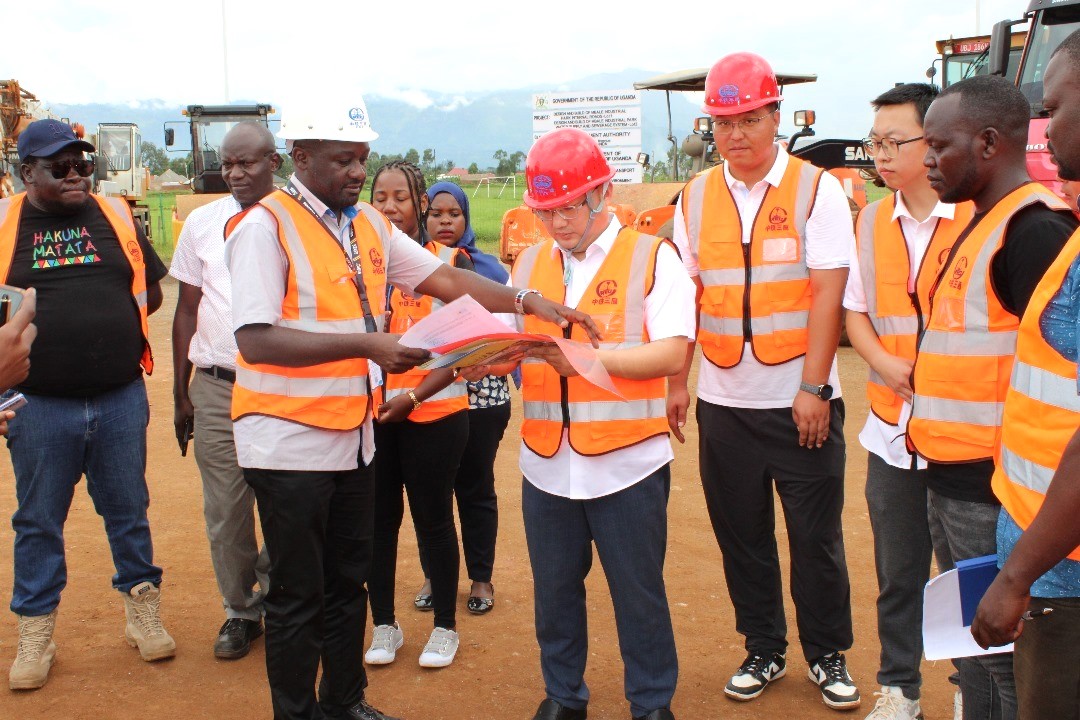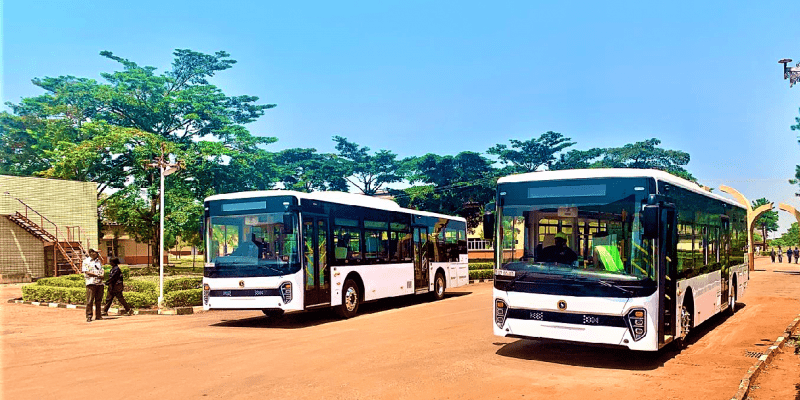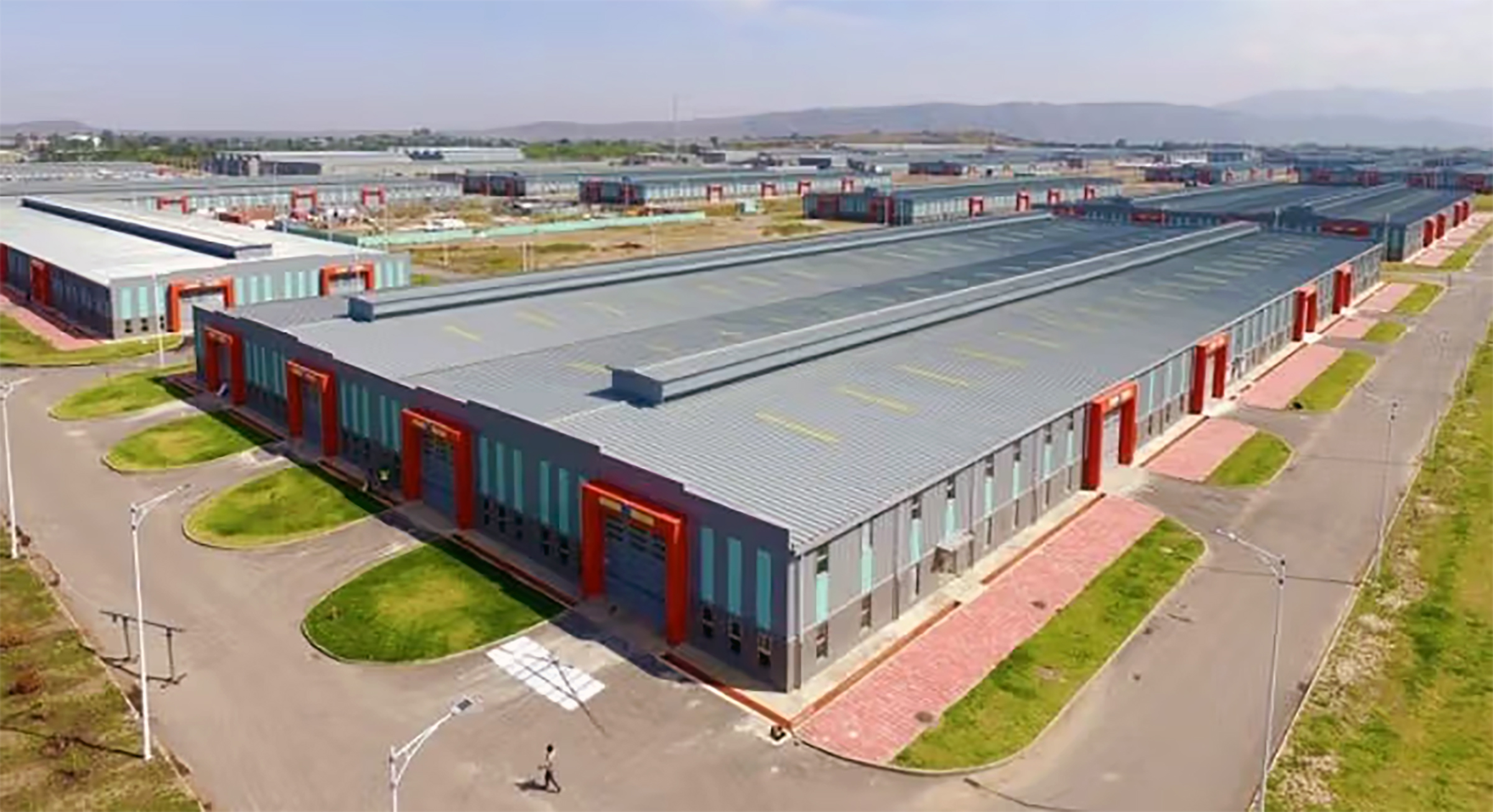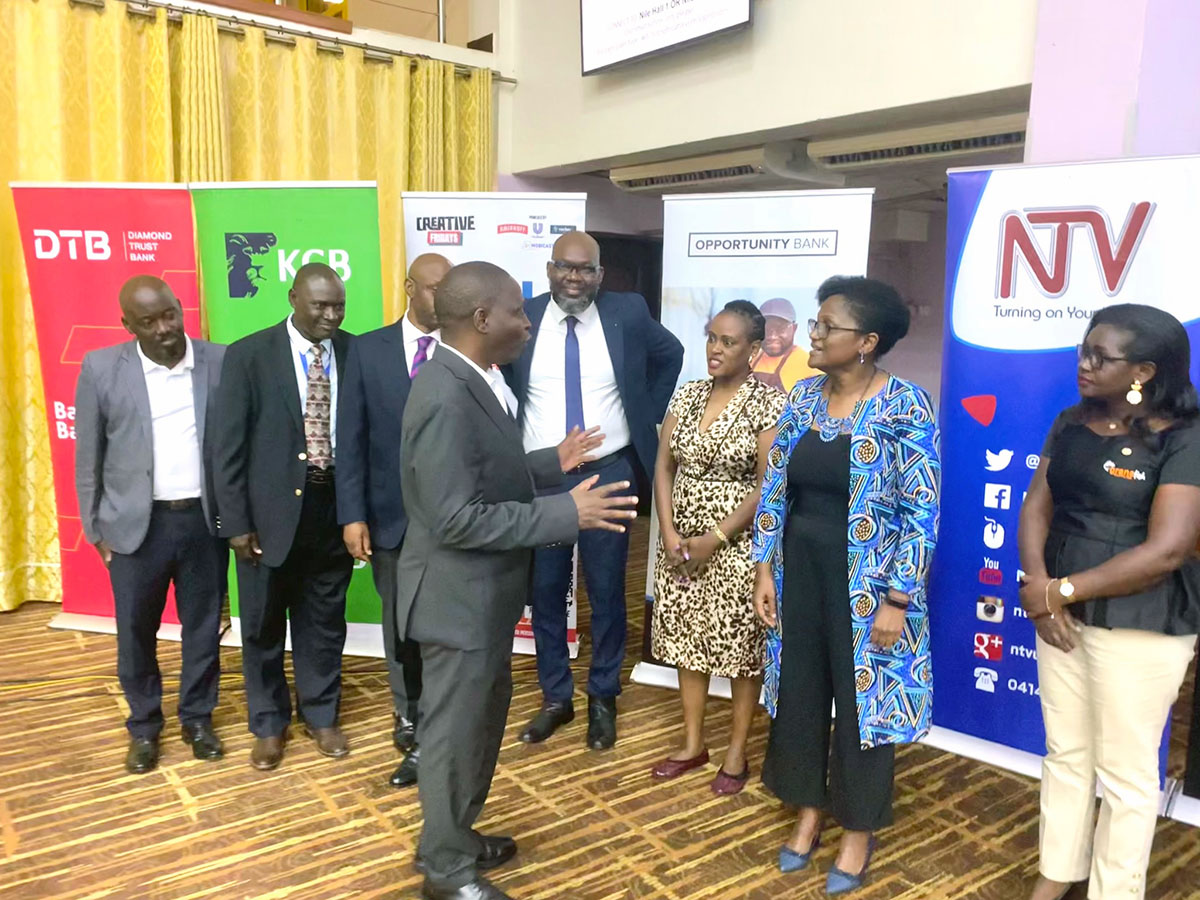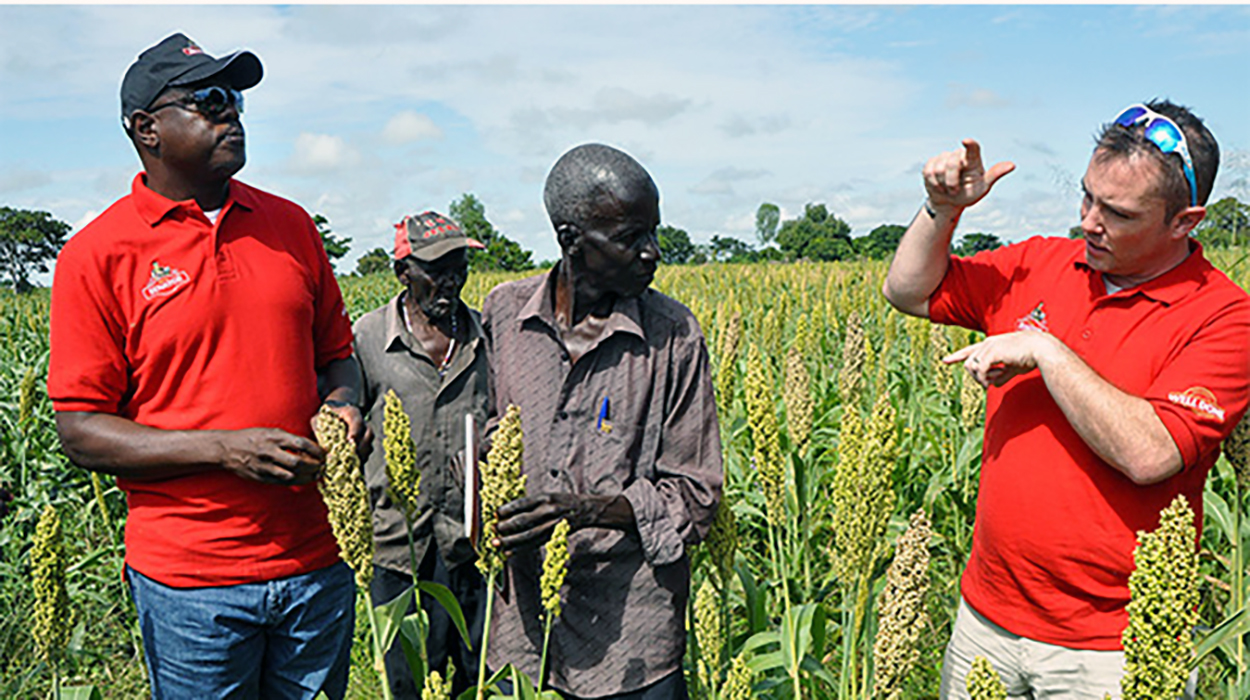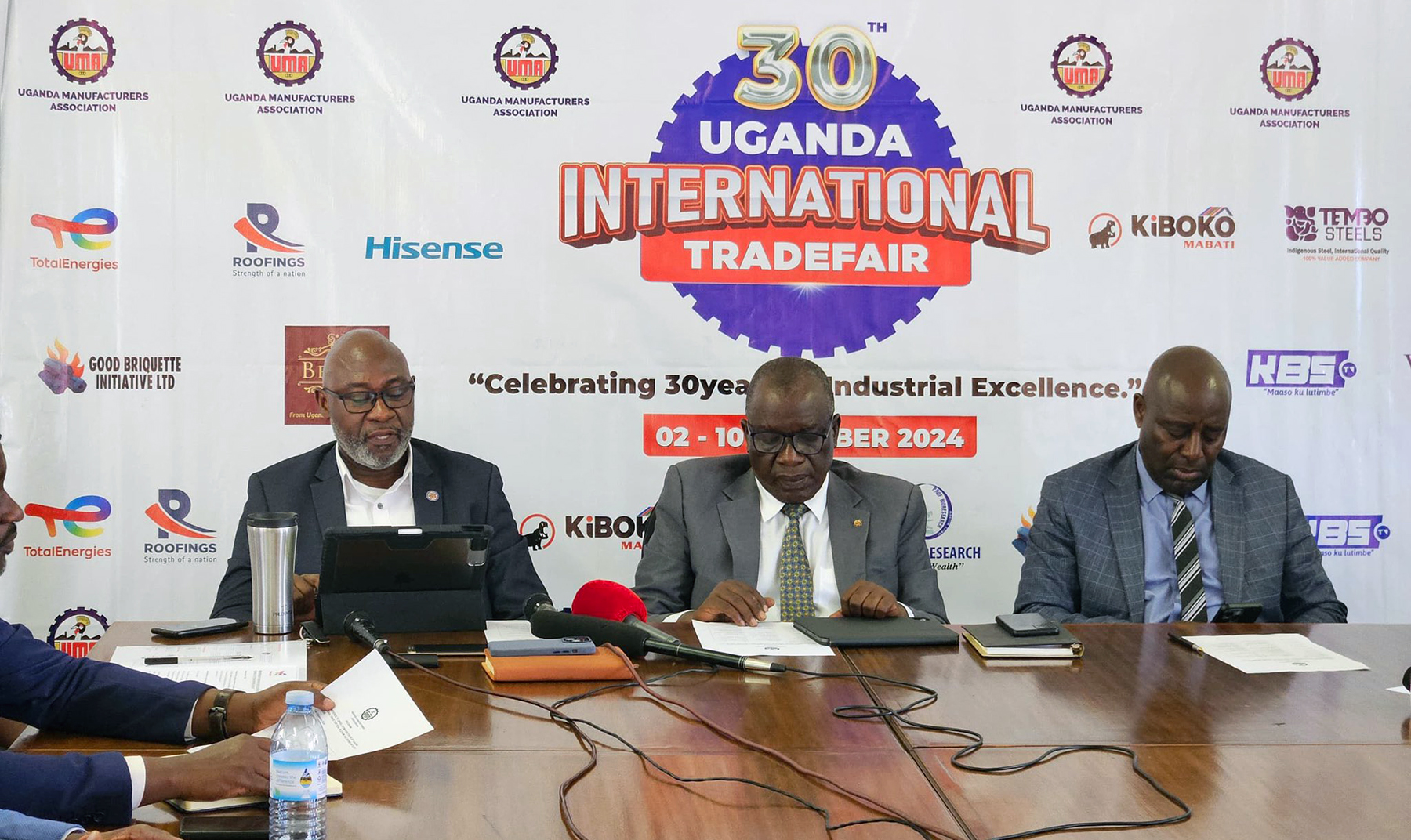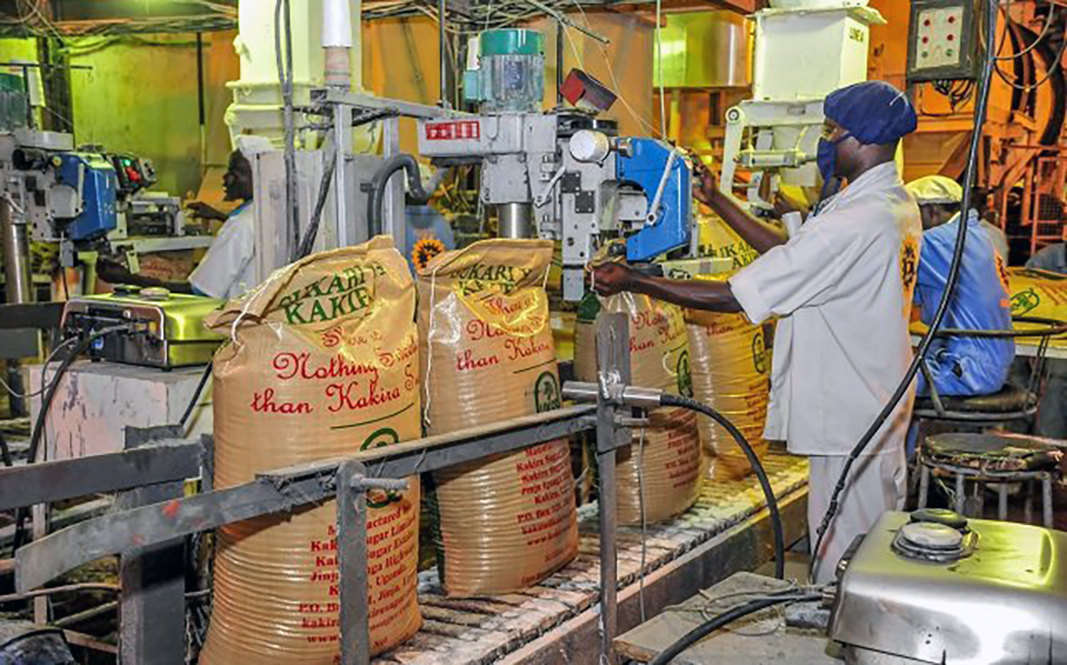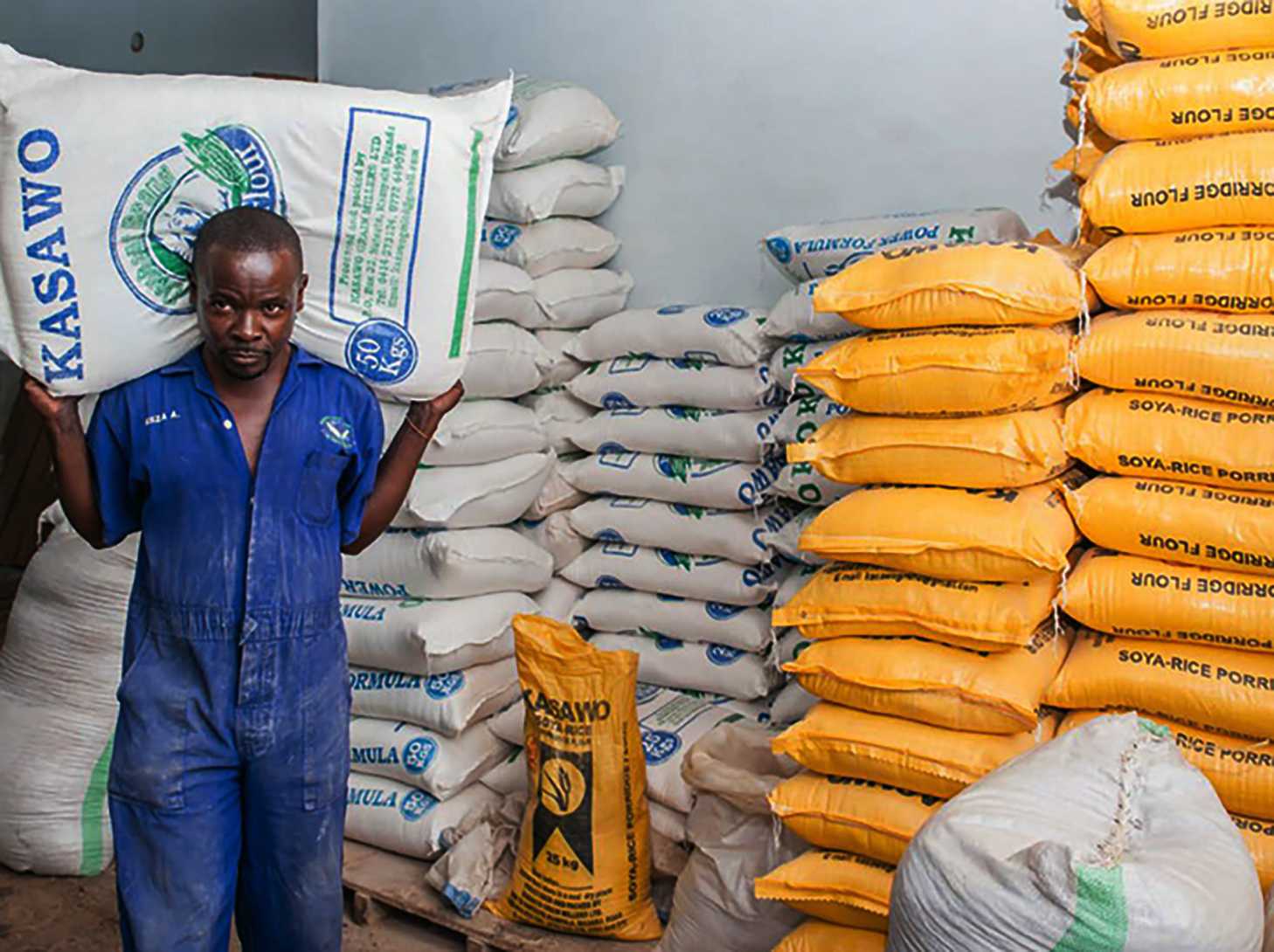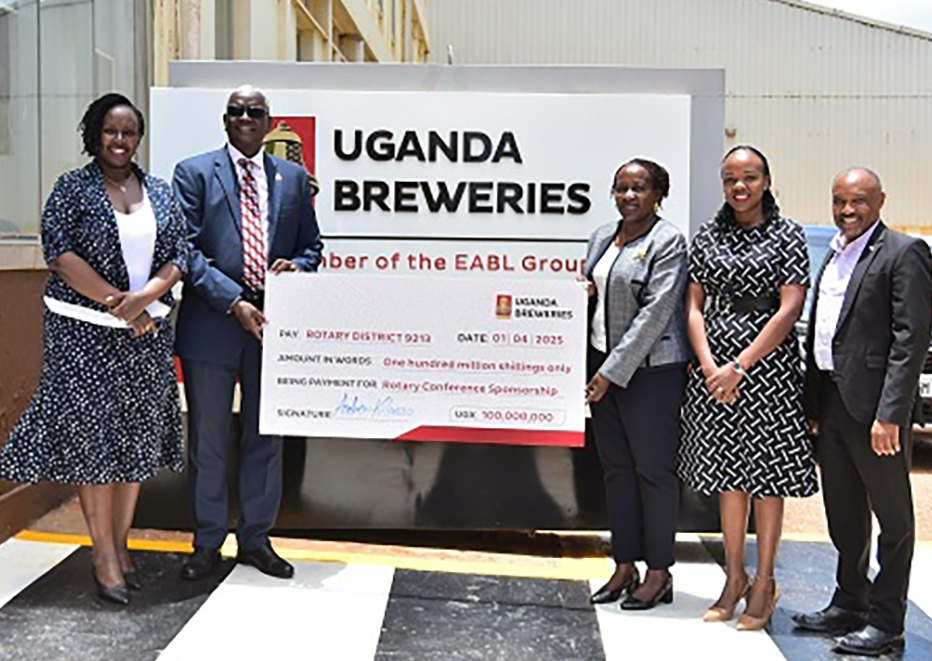75% of Ugandans survive on wages - report
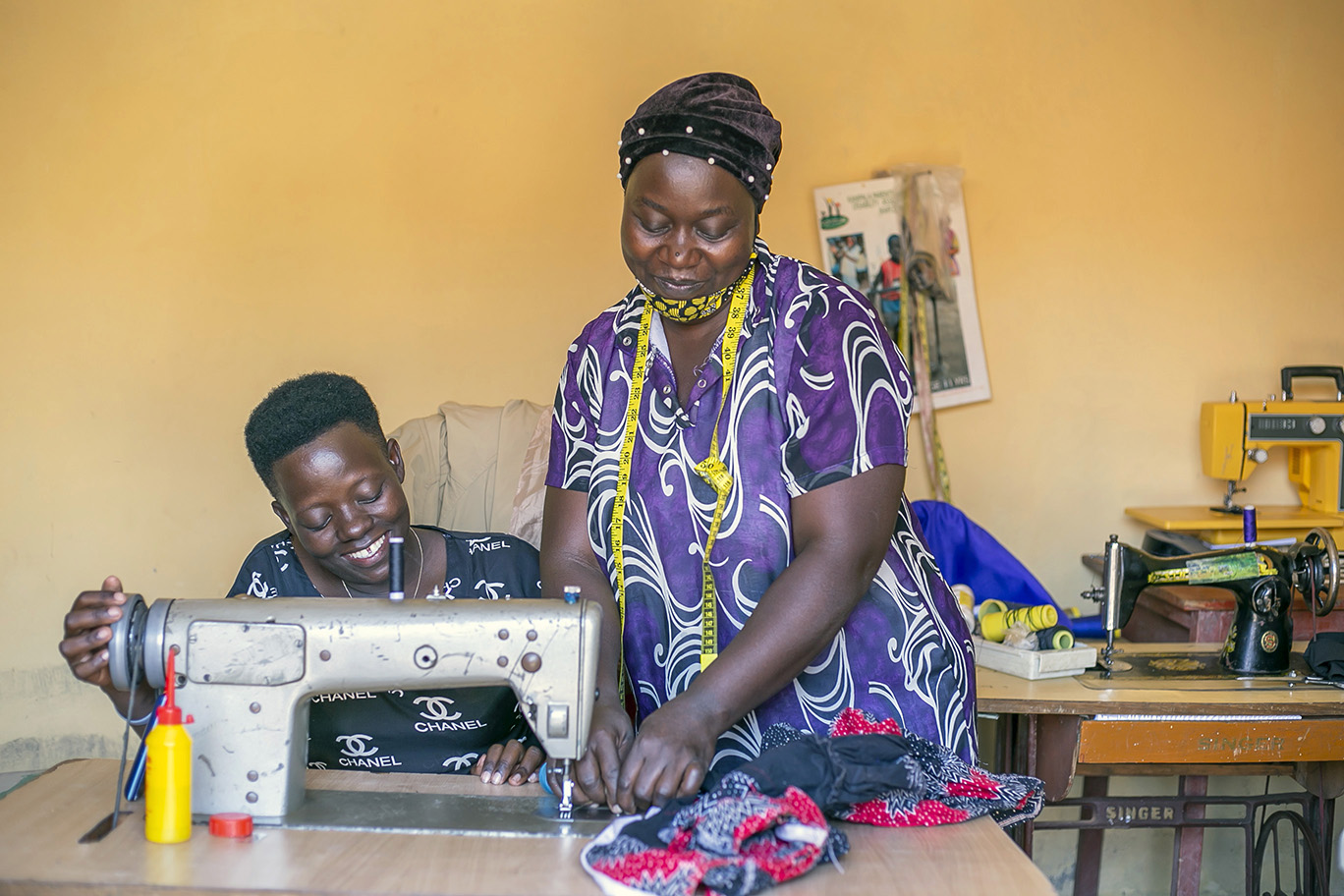
Micro and small enterprises are critical to job creation and economic growth.
According to the National Population and Housing Census (NPHC) 2024 final report, only 24% of Ugandan households have an income-generating business enterprise, while 76% rely on wages or subsistence farming.
The report noted: “Three in every four households (74.5%) in the subsistence economy primarily relied on subsistence farming. Fifteen percent earned wages or salaries, while 10.4% were mainly involved in income-generating activities.”
This disparity is more pronounced in rural areas like Karamoja sub-region, where 72% of households are in the subsistence economy, compared to Kampala Capital City, which has the lowest proportion at 1.7%.
- The report’s findings underscore several challenges tied to the limited prevalence of income-generating business enterprises.
Sole dependence on salary and wages is said to have several disadvantages. Firstly, wage earners often lack job security and can be easily replaced, especially in low-skilled jobs. This makes it difficult to plan for the future and can lead to financial instability.
Also, many wage-earning jobs pay low wages, making it difficult to afford basic necessities like housing, food, and healthcare. This can lead to poverty and financial hardship. Additionally, wages are often determined by employers, leaving little room for negotiation or control over income. This can make it difficult to increase income or improve financial security.
- According to experts, with only 24.1% of households engaged in business enterprises, Uganda risks missing out on the transformative power of entrepreneurship. Small and medium enterprises (SMEs) are critical to job creation and economic growth, yet the report shows a lack of sufficient engagement.


This highlights the unequal distribution of economic opportunities, with rural areas facing greater barriers to monetization of their economies.
The report also sheds light on the saving habits of Ugandans, which has a direct impact on investing: “Among the household population aged 16 and above, 46.3% of savers used mobile money, 39.6% kept cash at home or in a secret hiding, and 28.9% used saving groups.”
Only 2% used credit institutions for saving, which may limit access to capital needed for starting or expanding businesses.
The continued reliance on subsistence farming by 74.5% of households in the subsistence economy reinforces poverty. Without diversification into business enterprises, many families remain trapped in a cycle of low productivity and limited financial resilience.
- The NPHC 2024 report offers critical recommendations to address these challenges:
- First, promote Agricultural Commercialization: “The significantly higher proportion of households (33.1%) still in the subsistence economy suggests that the country should continue to prioritize interventions for commercialization of agriculture and full monetization of the economy.” This would improve incomes and enable more households to transition into the money economy.
Second, strengthen Social Safety Nets: “There is need to design and implement comprehensive social safety nets and cash transfer programs aimed at households living below the poverty line.” Such programs would provide immediate financial relief and support long-term resilience for vulnerable populations.
Lastly, enhance Regional Economic Inclusion: “Affirmative action may be required for Karamoja that accounted for the highest proportion (71%) of households in the subsistence economy.” Tailored interventions can help bridge regional economic disparities and promote equitable development.
According to the report, with only 24.1% of households running income-generating enterprises, Uganda faces challenges in achieving sustainable economic growth. The NPHC 2024 findings emphasize the need for targeted strategies to transition households from subsistence to market economies. By addressing these gaps, Uganda can unlock the potential of its entrepreneurial sector, reduce poverty, and drive inclusive economic progress.


.jpg)

